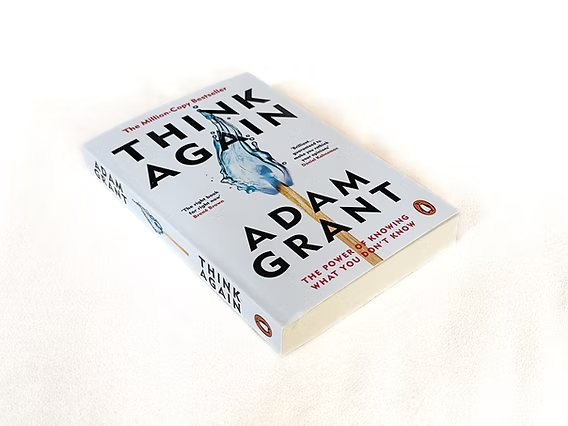
The One Book That Changed How I Think About Power
Josh Shear – Power shapes our world whether in politics, business, or personal relationships. But how deeply do we truly understand it? For years, I thought power was about dominance, control, or wealth until I read the one book that shattered my assumptions. This book didn’t just redefine power; it transformed how I navigate life, strategy, and influence. If you’ve ever questioned why some people effortlessly command authority while others struggle, this revelation will change everything.
Most people think power is about brute force, intimidation, or sheer ambition. The truth? Power is subtle, psychological, and often hidden in plain sight. The book that changed my perspective dismantles these myths, revealing that real power is about perception, strategy, and emotional intelligence. It’s not the loudest person in the room who holds power it’s the one who understands human nature.
This book teaches that power isn’t inherently good or evil it’s a tool. Those who wield it effectively know how to read people, adapt to situations, and turn weaknesses into strengths. If you’ve ever felt overlooked or ineffective in negotiations, leadership, or social dynamics, this book is the missing key.
Before reading this book, I assumed influence was about persuasion techniques or charisma. But the deeper lesson was this: power is about leverage. The book illustrates historical and modern examples of individuals who gained immense influence not by force, but by mastering timing, patience, and strategic silence.
One critical insight was the concept of “soft power” the ability to shape outcomes without direct confrontation. Whether in business or personal life, those who master this principle control situations effortlessly. The book’s teachings helped me recognize power dynamics I had previously ignored, making me more intentional in my decisions.
What separates the truly powerful from those who merely appear strong? Psychology. The book dives into cognitive biases, emotional triggers, and social hierarchies that dictate who rises and who falls. It explains why some leaders inspire loyalty while others incite rebellion—even with the same resources.
A pivotal lesson was the “illusion of control” the idea that people often grant power to those who seem most confident, not necessarily the most competent. By understanding this, I learned how to project authority without arrogance, a skill that has reshaped my professional and personal interactions.
Many chase power but never attain it because they misunderstand its nature. The book highlights common pitfalls: over-reliance on aggression, failure to adapt, and ignoring the power of perception. True power isn’t about dominating others it’s about mastering yourself first.
One striking example was how historical figures lost power by misreading their environment. The book’s principles taught me that adaptability and emotional control are far more critical than raw ambition. If you’ve ever felt stuck despite your efforts, this book reveals why—and how to fix it.
The brilliance of this book is its practicality. It doesn’t just theorize about power it provides actionable strategies. From negotiation tactics to social maneuvering, the lessons are timeless. I’ve used them to navigate workplace politics, build stronger relationships, and make better decisions under pressure.
One technique that stood out was the “art of strategic retreat” knowing when to step back to gain a greater advantage later. In a world that glorifies constant aggression, this counterintuitive approach has been a game-changer.
This book didn’t just teach me about power—it rewired how I see the world. Power isn’t about manipulation or force; it’s about insight, patience, and strategic action. If you’re ready to see beyond surface-level dominance and unlock true influence, this book is the blueprint.
The lessons within these pages are not just for CEOs or politicians they’re for anyone who wants to navigate life with more clarity and control. Once you understand the real rules of power, you’ll never see success the same way again.
This website uses cookies.